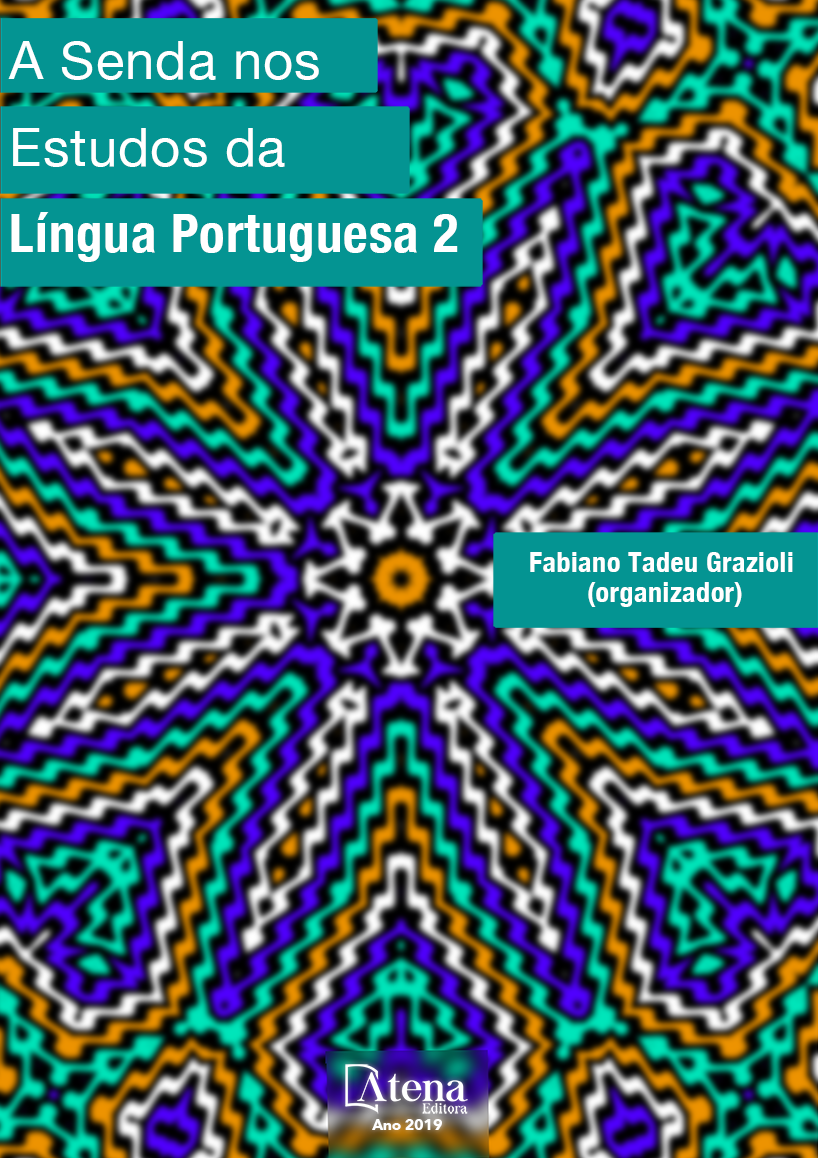
Da compreensão das palavras à apreensão dos conceitos: um contributo da língua materna à literacia matemática
Ler e escrever em língua materna
não é a única forma de interpretar, explicar e
analisar o mundo. A linguagem matemática é
outra dessas formas que tem os seus próprios
códigos, constituindo uma linguagem própria.
Reconhecer o relacionamento direto entre o
vocabulário e a capacidade para apreender
novos conceitos, nomeadamente, no que diz
respeito à linguagem matemática é o objetivo
geral a partir do qual surgiram as seguintes
questões: Qual a importância do léxico na
compreensão da linguagem matemática? De
que forma os conceitos matemáticos poderão
ser abordados na aula de português? Que
estratégias apresentam os manuais escolares
de matemática para a aquisição de novo
vocabulário e para a apreensão de conceitos?
Partindo das questões apresentadas e através
de um estudo de caso, esta experiência de
aprendizagem permitiu verificar a relação que,
efetivamente, se estabelece entre a língua
portuguesa e a linguagem matemática, uma vez
que o não entendimento da primeira poder-se-á
associar, de forma direta, ao desconhecimento
do vocabulário utilizado e à incompreensão
da segunda. Por outro lado, há que incentivar
o trabalho colaborativo e interdisciplinar de
modo a que os conceitos matemáticos possam
fazer parte integrante da aula de português,
quer através do domínio da gramática,
nomeadamente, a formação de palavras, quer
através do domínio da expressão escrita,
fomentando a integração de conceitos em
textos elaborados pelos alunos, de preferência
em laboratórios de língua, para que o léxico seja
abordado numa perspetiva clínica e para que
se incremente o conhecimento metalinguístico,
praticamente ausente dos manuais de
matemática.
Da compreensão das palavras à apreensão dos conceitos: um contributo da língua materna à literacia matemática
-
DOI: 10.22533/at.ed.93119240718
-
Palavras-chave: léxico, língua materna, literacia matemática, aprendizagem.
-
Keywords: lexicon, portuguese language, mathematical literacy, learning.
-
Abstract:
Reading and writing in the
portuguese language is not the only way
to interpret, explain and analyze the world.
Mathematical language is another form that
has its own codes, constituting a language of
its own. Recognizing the direct relationship
between vocabulary and the ability to grasp
new concepts, namely, in mathematical
language, is the general objective from which the following questions arose: What is
the importance of the lexicon in the understanding of mathematical language? How
can mathematical concepts be approached in Portuguese class? What strategies do
the textbooks of mathematics present for the acquisition of new vocabulary and for
the apprehension of concepts? Based on the presented questions and through a case
study, this learning experience allowed to verify the relation that effectively establishes
between the Portuguese language and the mathematical language, since the nonunderstanding
of the first one can be associated, in a direct way, to the ignorance of
the vocabulary used and the incomprehension of the second. On the other hand, it is
necessary to encourage collaborative and interdisciplinary work so that mathematical
concepts can be an integral part of the Portuguese class, either through the mastery of
grammar, namely the formation of words, or through the domain of written expression,
fostering the integration of concepts in texts written by students, preferably in language
laboratories, so that the lexicon is approached from a clinical perspective and to
increase the metalinguistic knowledge, practically absent from the math books.
-
Número de páginas: 15
- Carla Isabel Abrantes Silva


